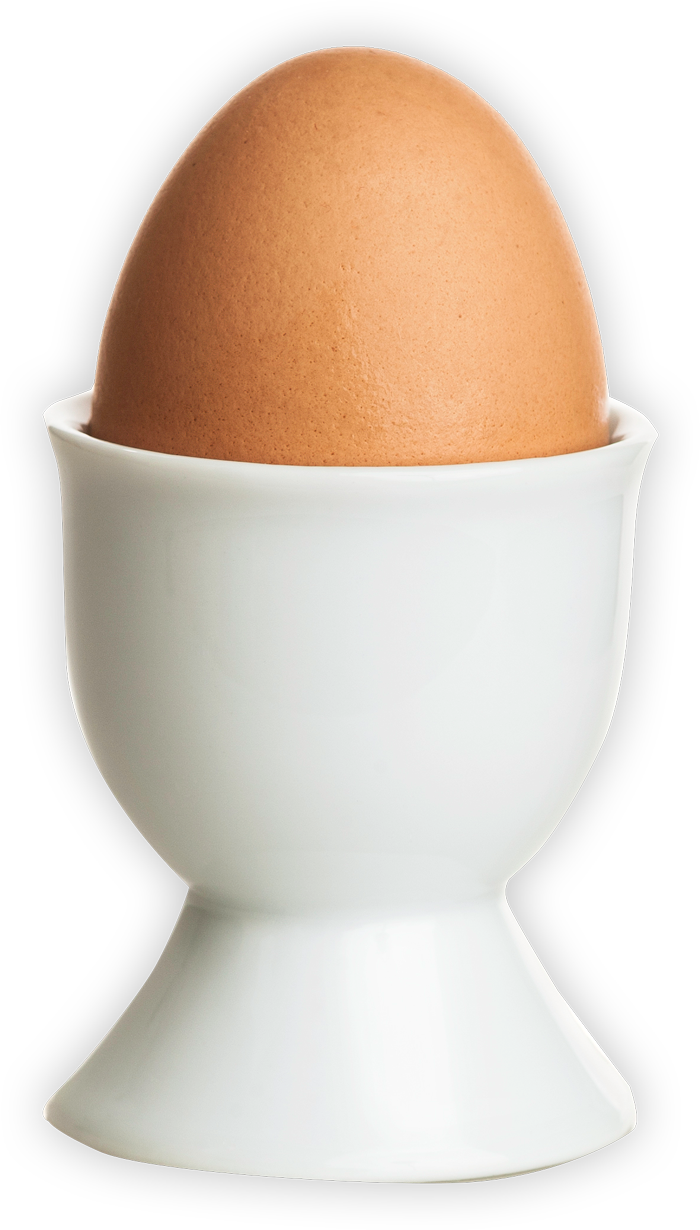Frequently Asked Questions - Learn More About Llandilo Farm Fresh Eggs
Egg Facts
How long do eggs keep?
Eggs purchased from our farm will be refrigerated for up to 6 weeks. We guarantee that our eggs are never more than 2-3 days old, which means they are the freshest you'll find across Sydney. Be sure to refer to your tray or carton's best before the date stamp.
What is the best way to store eggs?
The best place to store eggs is in their carton at the fridge's bottom. The shell of an egg is made up of up to 17,000 tiny pores over its surface, which absorb flavours and odours. The carton helps to prevent this process, so they remain fresh.
How do I test the freshness of my eggs?
To test an egg for freshness, put the egg in a basin of water. Fresh eggs sink to the bottom of the bowl while stale eggs float. This is caused by the large air cell that will develop inside over time.
What are barn-laid eggs?
Barn-laid eggs, sometimes called cage-free eggs, are laid by hens housed in large, climate-controlled sheds without cages. The hens can roam and fly freely within the shed environment, socialising and perching without the threat of outdoor predators or exposure to the elements.
How do I test the freshness of my eggs?
To test an egg for freshness, put the egg in a basin of water. Fresh eggs sink to the bottom of the bowl while stale eggs float. This is caused by the large air cell that will develop inside over time.
What are barn-laid eggs?
Barn-laid eggs, sometimes called cage-free eggs, are laid by hens housed in large, climate-controlled sheds without cages. The hens can roam and fly freely within the shed environment, socialising and perching without the threat of outdoor predators or exposure to the elements.
What nutrients are found in eggs?
A standard egg contains 12 different vitamins and nutrients, making it one of the healthiest foods to eat. These nutrients include:
- Riboflavin (Vitamin B2)
- Vitamin D
- Vitamin E
- Pantothenic Acid (Vitamin B5)
- Vitamin B12
- Vitamin A, Iron
- Phosphorus
- Folate
- Iodine
- Selenium
- Choline
Are eggs bad for my cholesterol?
No. Research conducted by the CSIRO Division of Human Nutrition showed that adding two eggs daily to the diet of people with normal cholesterol levels produced no rise in LDL (or bad) cholesterol.
DID YOU KNOW?
A hen requires approximately one day to produce an egg. Half an hour later, the cycle starts all over again.
Australians eat more than 3.5 billion eggs a year.

If an egg is accidentally dropped on the floor, sprinkle it heavily with salt for easy cleanup.
A yolk makes up roughly one-third of an egg's total mass. Three-quarters of an egg is made up of water.
Areas We Service
Contact Information
Address:
360 Ninth Ave, Llandilo NSW 2747
Phone:





